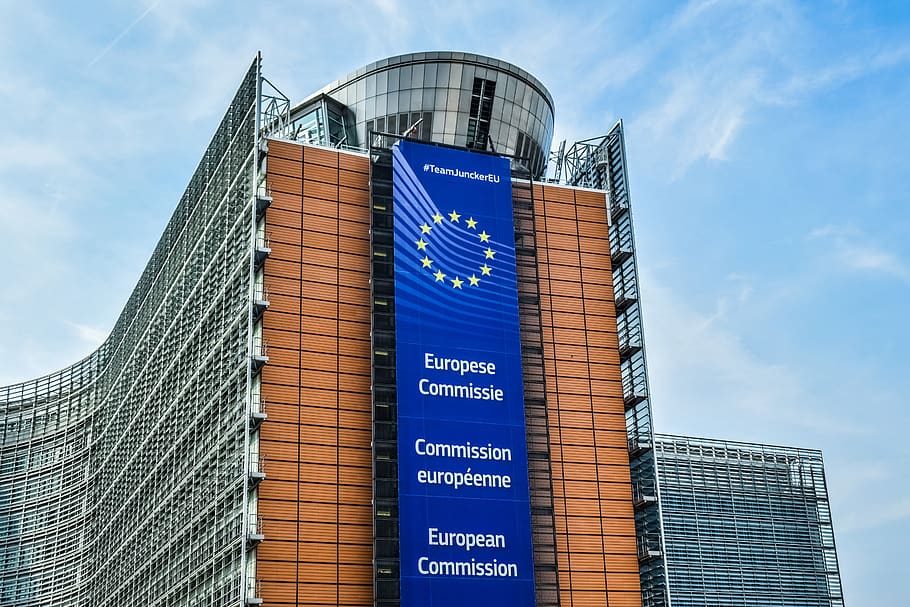The EC or European Commission has issued a ruling on a long-standing discussion involving Ladbrokes and Belgium. The EC concluded in an official statement on its website that the sports betting operator received no unauthorized help. It confirmed that the state did not provide any undue support.

The Commission also noted that it will publish a non-confidential version of its decision at a later date.
The EC agreed that the country did not provide Ladbrokes with state aid through virtual betting operating rights. The decision relates to a 2020 case. In this case, other operators in the Belgian gambling sector claimed that Ladbrokes had received unlawful support from the state.
The complaint alleges that the Belgian Gaming Commission granted Ladbrokes exclusive rights to operate virtual betting. This was said to violate EU State aid rules.
Under the EU State rules, the EC launched a probe into the matter and assessed the alleged measure. The commission concluded that in fact, Ladbrokes did not receive any such aid after carefully examining the case.
The EC explained that the Belgian Gaming Commission had sent informal email replies to Ladbrokes. However, these messages did not constitute an act of granting aid under EU State rules. It was clarified that the email replies did not amount to granting Ladbrokes exclusive rights to offer virtual betting.
Moreover, the Commission found that Belgium did not waive or forgo any payments that Ladbrokes should have made for operating online betting. In result to this, the EC stood by Ladbrokes, confirming that the alleged measure does not constitute State aid under EU rules.
The EC concluded that a non-confidential version of the decision will be published later, once all confidentiality issues are resolved.
For context, the Belgian Gaming Commission had, between 2012 and 2015 ruled that Class IV establishments, like shops of Ladbrokes could offer online betting. The commission responded positively to inquiries of Ladbrokes concerning permissions to offer retail and online betting in 2014 and 2015. Yet, it started denying similar requests from other operators from 2015.


